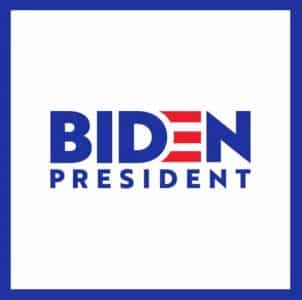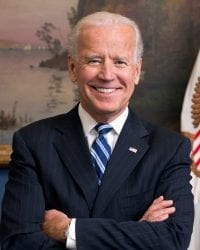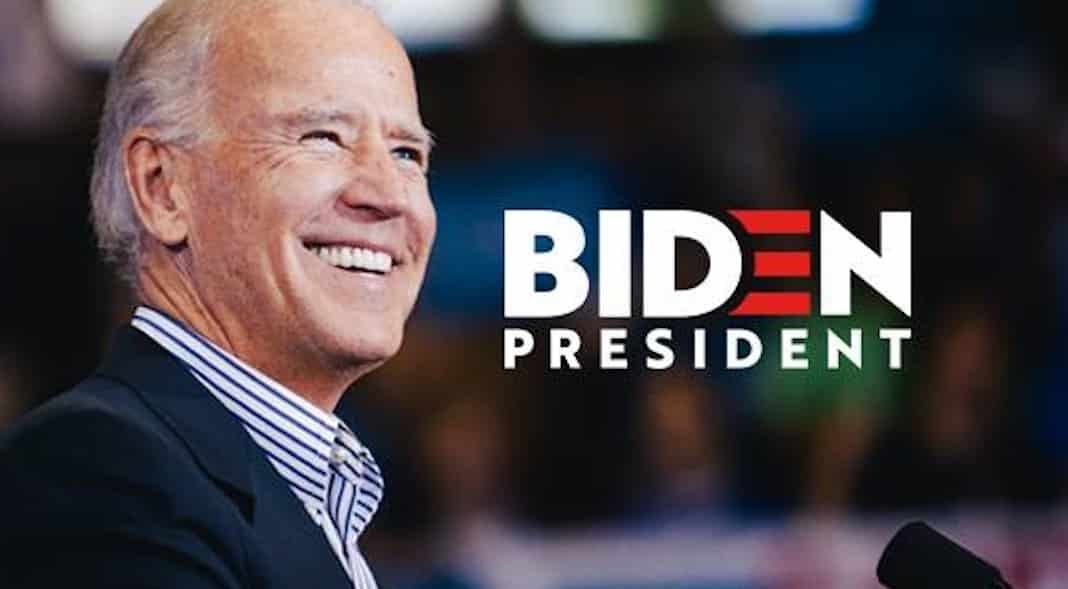Reexamining Joe Biden’s Plagiarism

In 1987 Joe Biden, then a Senator, was running for President. He was vying with other Democrats to become their nominee to take on Vice President George H. W. Bush in the final election.
Biden was struggling in the election, far behind Michael Dukakis. However, things went from bad to worse for Sen. Biden following a stump speech in Iowa. There, he used a series of phrases that bore an extremely close resemblance to words first said by British politician Neal Kinnock.
Dukakis responded to this by creating an attack ad that featured Biden’s and Kinnock’s words side by side. Many consider this to be one of the first examples of “YouTube politics” even though YouTube itself wouldn’t be launched for another 18 years.
This was paired new allegations from Newsweek that Biden had also been accused of plagiarism while attending Syracuse Law School. There, according to the school, he had copied 5 pages out of a 15 paper from a law review journal and was forced to retake the course. Additional allegations of speech plagiarism also came to the surface, though Biden claimed those were due to his staff.
Biden, at the time, called the stories a “tempest in a teapot.” He noted that he regularly gave the same speech and properly cited Kinnock each time. Still, the scandal combined with his lagging support forced him out of the race.
While it was the end of that race it wasn’t the end of his political career. He remained in the Senate and would become Vice President to President Obama in 2008. Though the story briefly reemerged then, that being the first time I covered it, it didn’t alter the course of the election.
Now, thirty years after the original story broke, it’s back in the headlines again as Biden is once again running for President. But with all of that, it’s worth asking ourselves a simple question: What has changed in the past thirty years when it comes to politics and plagiarism?
The answer, it turns out, is quite a lot and, though the facts of what Biden did haven’t changed, our views on thoughts on the politics of plagiarism certainly have.
A Shifting Climate
Note: If you haven’t read our previous coverage on Joe Biden, please do so here. Though the reporting is over 10 years old, the facts are unchanged.

In 1987, plagiarism scandals involving politicians were relatively unheard of. Though plagiarism may not have been more rare, it was definitely more difficult to detect. Turnitin, for example, would not launch until 2000 and spotting plagiarism in the pre-internet era was often a laborious task.
Disclosure: I am a paid consultant and blogger for Turnitin.
But, as plagiarism detection tools became more accessible and detection became easier, so did the number of plagiarism scandals.
The 2008 election was a banner year for plagiarism in politics as both President Obama and Senator John McCain faced allegation of plagiarism during the cycle, even if neither story really impacted the election nor were serious plagiarism stories.
President Obama’s scandal was particularly interesting as he was accused of doing almost the exact same thing as that originally started Biden’s plagiarism journey: Using words and ideas from another politician in a stump speech without attribution.
Both Biden and Obama claimed, with some credibility, to have usually credited the language and the allegations came from another Democratic challenger, Hillary Clinton in President Obama’s case.
However, unlike Biden the plagiarism didn’t derail his campaign. He went on not only to defeat Clinton but to win the Presidency in that election. With just 20 years of history plagiarism went from being the final straw in a flagging campaign to being just a footnote in a successful one.
However, plagiarism was about to get a lot more common as the 2016 election brought still more plagiarism stories, with even less impact.
A Deluge of Plagiarism Stories
In the run up and immediate aftermath of the 2016 election, the Trump campaign and administration found itself embroiled in at least 6 different plagiarism stories of varying importance and veracity.
Though some of the allegations, such as accusations President Trump plagiarized in his inauguration speech were completely false, others had more weight. Those include Melania Trump lifting passages from Michelle Obama in her Republican National Convention speech and Monica Crowley being accused of plagiarism in her book and dissertation after she was announced to be President Trump’s pick for senior director of strategic communications for the National Security Council.
Though President Trump himself has largely avoided allegations of plagiarism (other than the op-ed that carried his name but was written by his staffers), his campaign was seemingly constantly battling citation issues.
Once again though, it ultimately didn’t matter. President Trump would go on to win both the Republican nomination and the Presidency.
In 2017, shortly after the Crowley story broke, I called it the “Death of the plagiarism scandal.” Though Crowley ended up not taking the post, it didn’t seem like it would even be a speed bump on her career and, combined with a series of journalists working again after serious plagiarism allegations, made plagiarism seem unimportant and like something that just filled a piece of the 24-hour news cycle and then went away.
In short, if Biden’s plagiarism had been discovered in 2019 and not 1987 it likely would be little more than a footnote. This isn’t to say that Biden would have won in 1988, he was still a long shot, but it wouldn’t have likely gotten the coverage it did at the time.
That’s not to say that plagiarism allegations and scandals don’t have consequences in 2019, just that they only impact campaigns that are already struggling such as Senator John Walsh’s 2014 reelection bid.
On the whole, our current political discourse is such that being a “plagiarist” is one of the less-offensive insults a politician can be called.
Where Does This Leave Biden?
In 2019, the memory of Biden’s plagiarism is still very strong precisely because it was so new and heavily covered in 1987. Though other plagiarism scandals, Republican and Democrat, have come and gone from the collective consciousness, Biden’s remains.
However, it’s not the severity of it that’s caused it to stick around. It’s the timing of it and the fact it ended his earlier bid. His degree was never in jeopardy, unlike Walsh, and we’ve seen this kind of speech plagiarism since without significant repercussions.
The Biden plagiarism scandal is, in many ways, from a different time but it remains frozen there because of the strong memories of it. While that may not be fair, that’s simply how it is.
But, in the end, it likely makes little difference. Biden is currently leading in the polls among the Democratic candidates and people are unlikely to vote or not vote for Biden due to plagiarism. Those that don’t want to vote for him likely have a deluge of reasons lined up and those that do wish to vote for him their reasons too.
Plagiarism, most likely, isn’t going to play a major role in it, even if it generates headlines from time to time.
We’ve just hit a point where plagiarism stories are very common in politics and Biden’s just isn’t that special. The last President elected that wasn’t accused of plagiarism was George W. Bush and even he faced accusations after he left office.
Though it’ll still be used for digs at Biden, as it was by President Trump in 2015, it’s unlikely to move the needle in a major way.
Bottom Line
If Biden is able to make this campaign successful, even just to the point of getting the nomination, it would be a sign not just of how his political fortunes have changed, but how views on plagiarism in politics have changed.
In 2019 we are remarkably used to “plagiarist” politicians as candidates on both sides of the U.S. political spectrum have been called out for plagiarism but gone on to run successful campaigns.
With the political discourse the way it is right now, plagiarism just isn’t the serious or novel scandal it once was.
However, it doesn’t mean the plagiarism scandal is fully dead. Political campaigns would still be wise to avoid the distraction of plagiarism by doing their due diligence. Plagiarism scandals are still an “own goal” of sorts, an avoidable scandal that shouldn’t happen.
It’s just that those scandals aren’t as catastrophic as they used to be.
Want to Reuse or Republish this Content?
If you want to feature this article in your site, classroom or elsewhere, just let us know! We usually grant permission within 24 hours.
